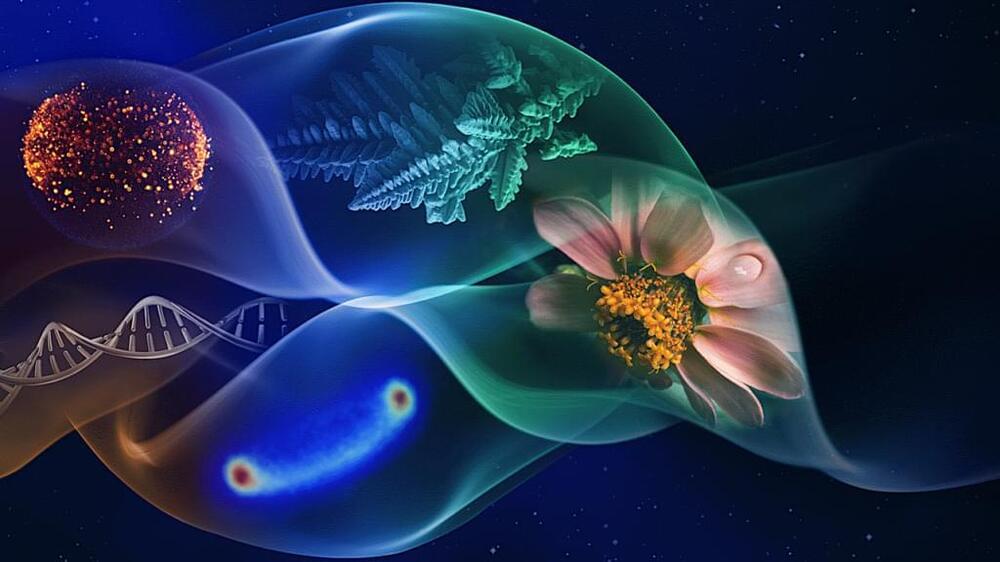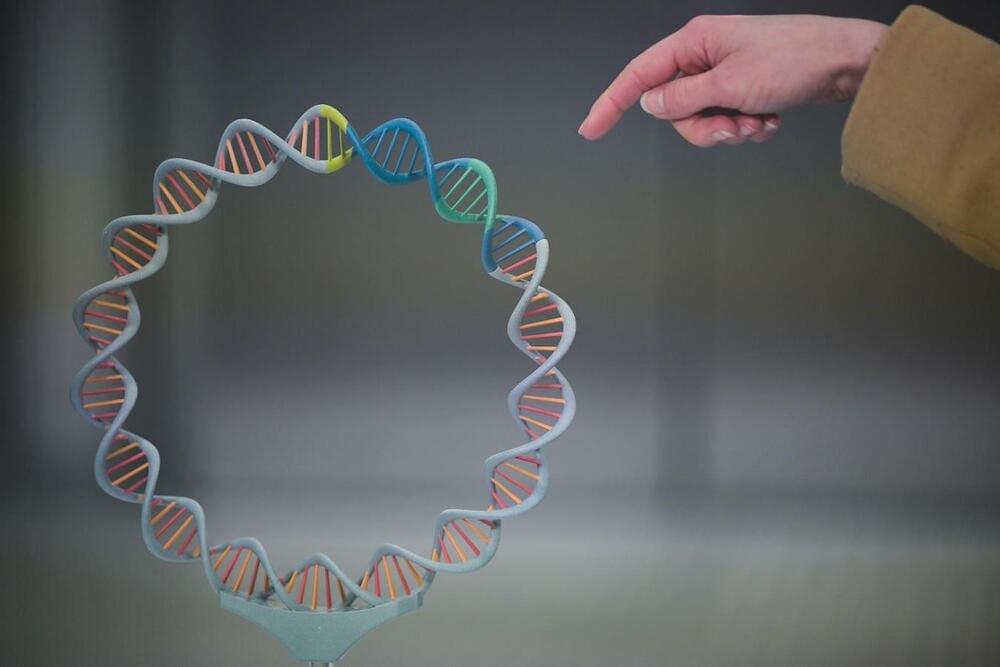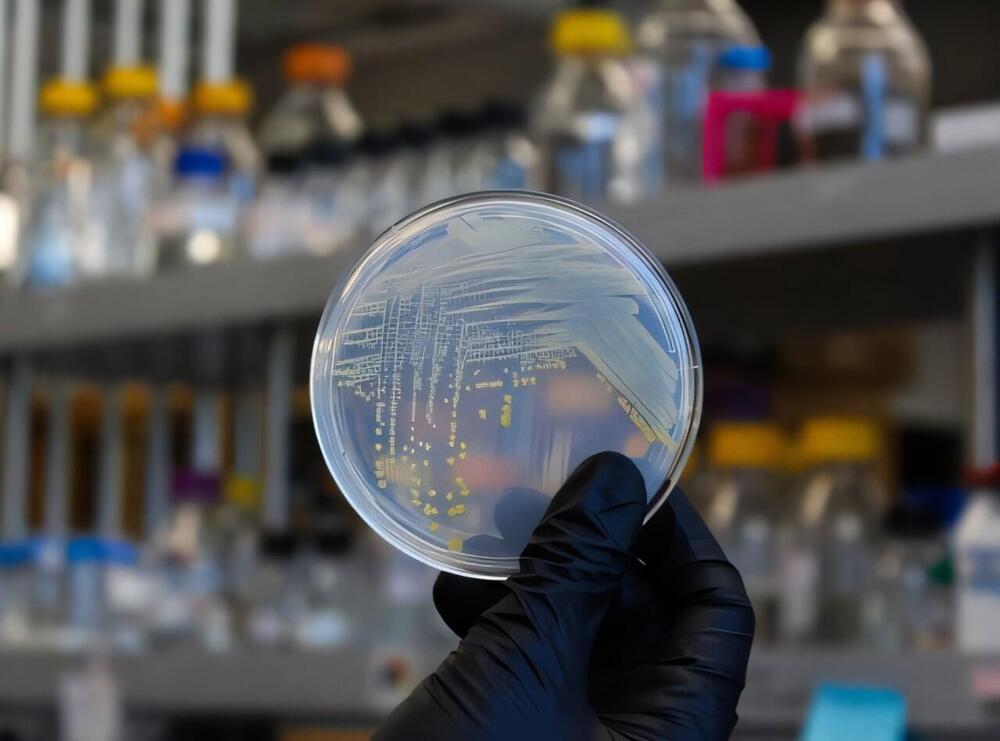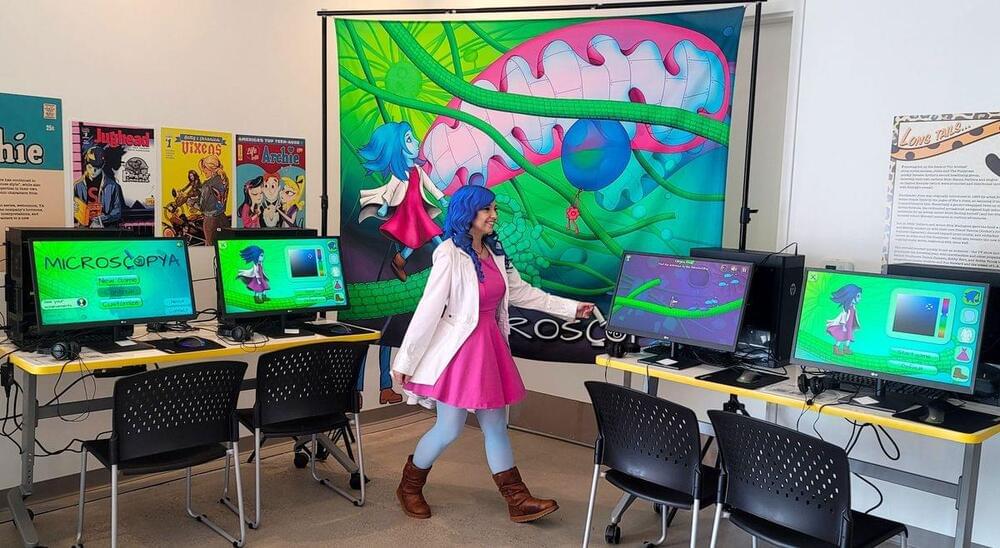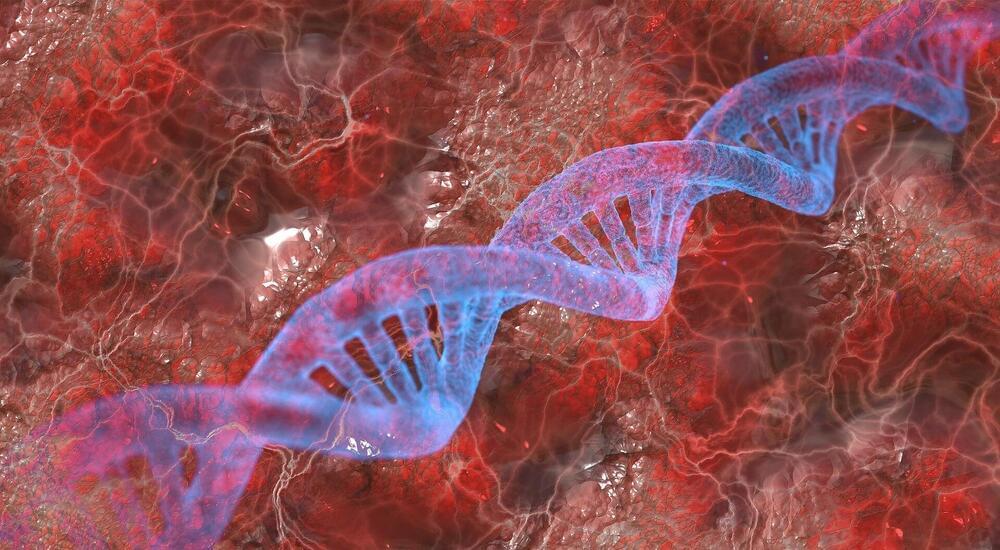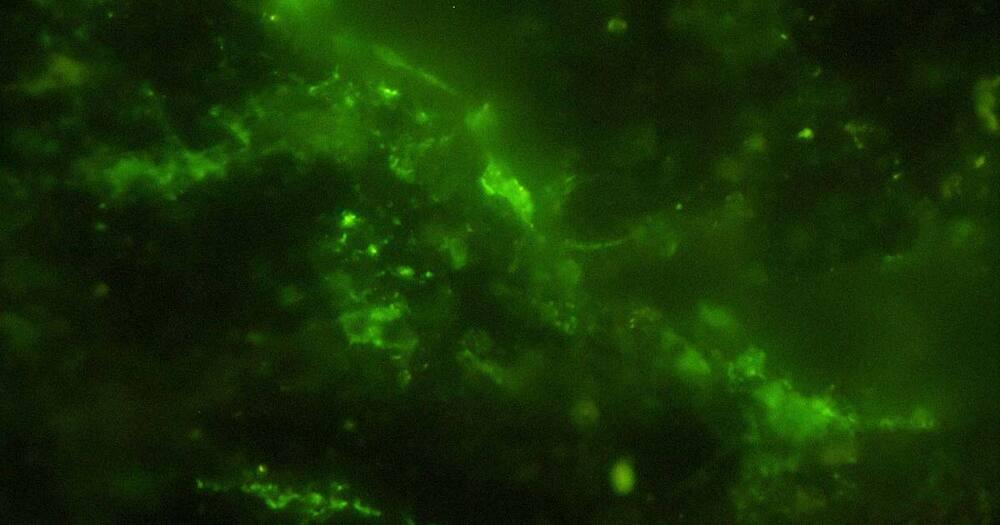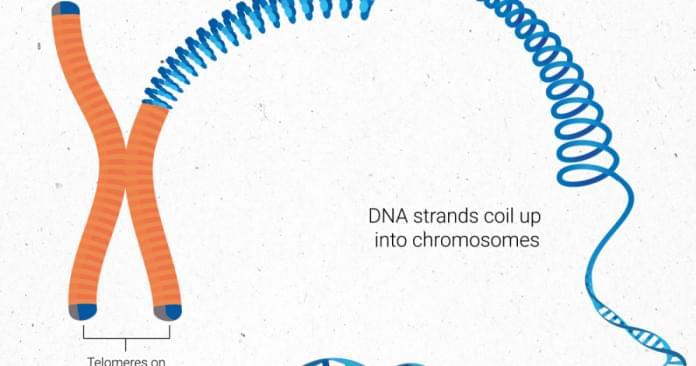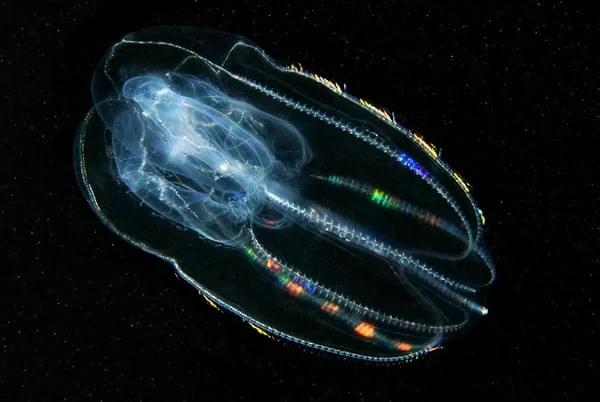When it is solicited, the research emphases of E.9 Space Biology: Research Studies will fall under two broad categories: Precision Health and Space Crops.
For Precision Health-focused studies, investigators may propose to use any non-primate animal model system, and any appropriate cell/tissue culture/ microphysiological system/ organoid or microbial models, that are supported by the chosen platform. For Space Crop-focused studies, applicants may propose to use any plant model system, and when appropriate, any microbial or plant and microbial model systems that are supported by the chosen platform.
This opportunity will include five different Project Types: Research Investigations, Early Career Research Investigations, New NASA Investigators, GeneLab Analytical Investigations, and Tissue Sharing Investigations.
